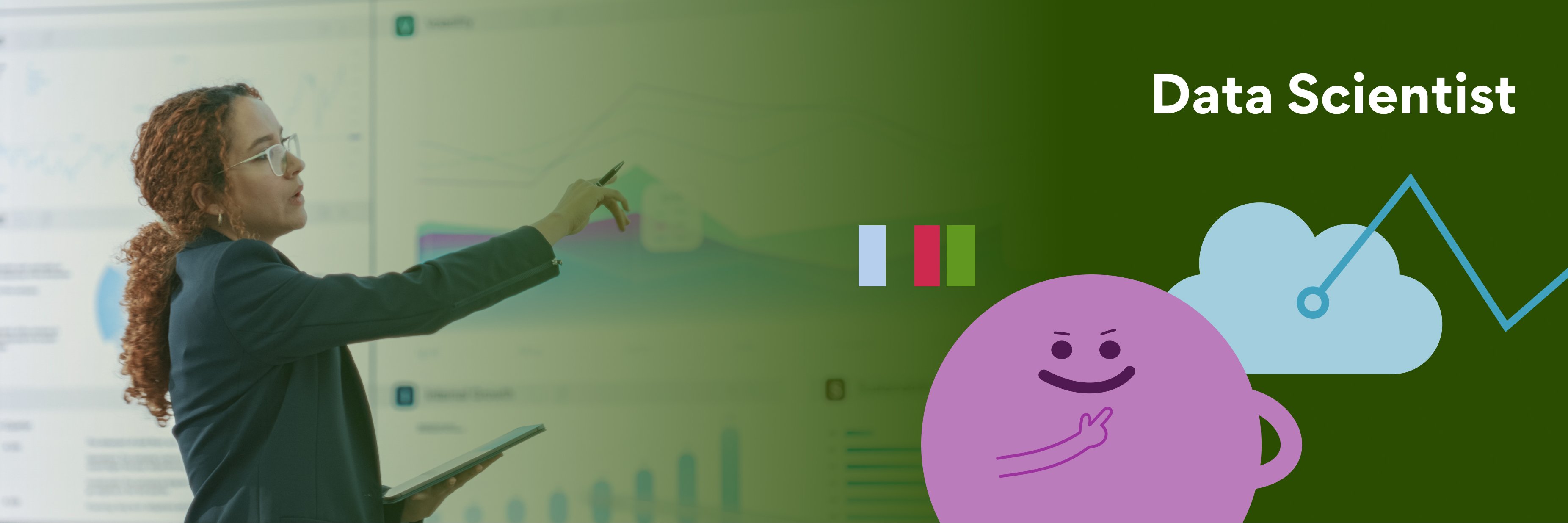Available locations
- Brisbane
- Perth
134
Available for Data Science and Analytics
$71K
For graduate data scientist
5-year projection
A Graduate Data Scientist is a professional who applies advanced analytical techniques to interpret complex data sets. They play a crucial role in extracting valuable insights from data, aiding in strategic decision-making for businesses. The primary focus is on data analysis, machine learning, and statistical modelling to solve real-world problems and enhance overall business efficiency. This is often done by data scientists taking the information the business has and then helping them make sense of and build strategies based on the data.

During the initial six months as a Graduate Data Scientist, you’ll initially undergo an onboarding and training process to learn about the company's data infrastructure, tools, and methodologies. This may lead into working on hands-on projects under the guidance of experienced data scientists and collaborating with multidisciplinary teams to contribute to data-driven solutions. Throughout this time you’ll be attending workshops, training sessions, and industry events to stay updated on the latest trends and technologies. Beyond your first six months as a Graduate Data Scientist you’ll receive feedback on your work, participate in performance evaluations, and identify areas for professional growth.
Discover when job applications for data science and analytics graduate positions and internships opens for the past 12 months
Available locations

Sydney

Available locations

Search
Enter an employer or university you want to find in our search bar.